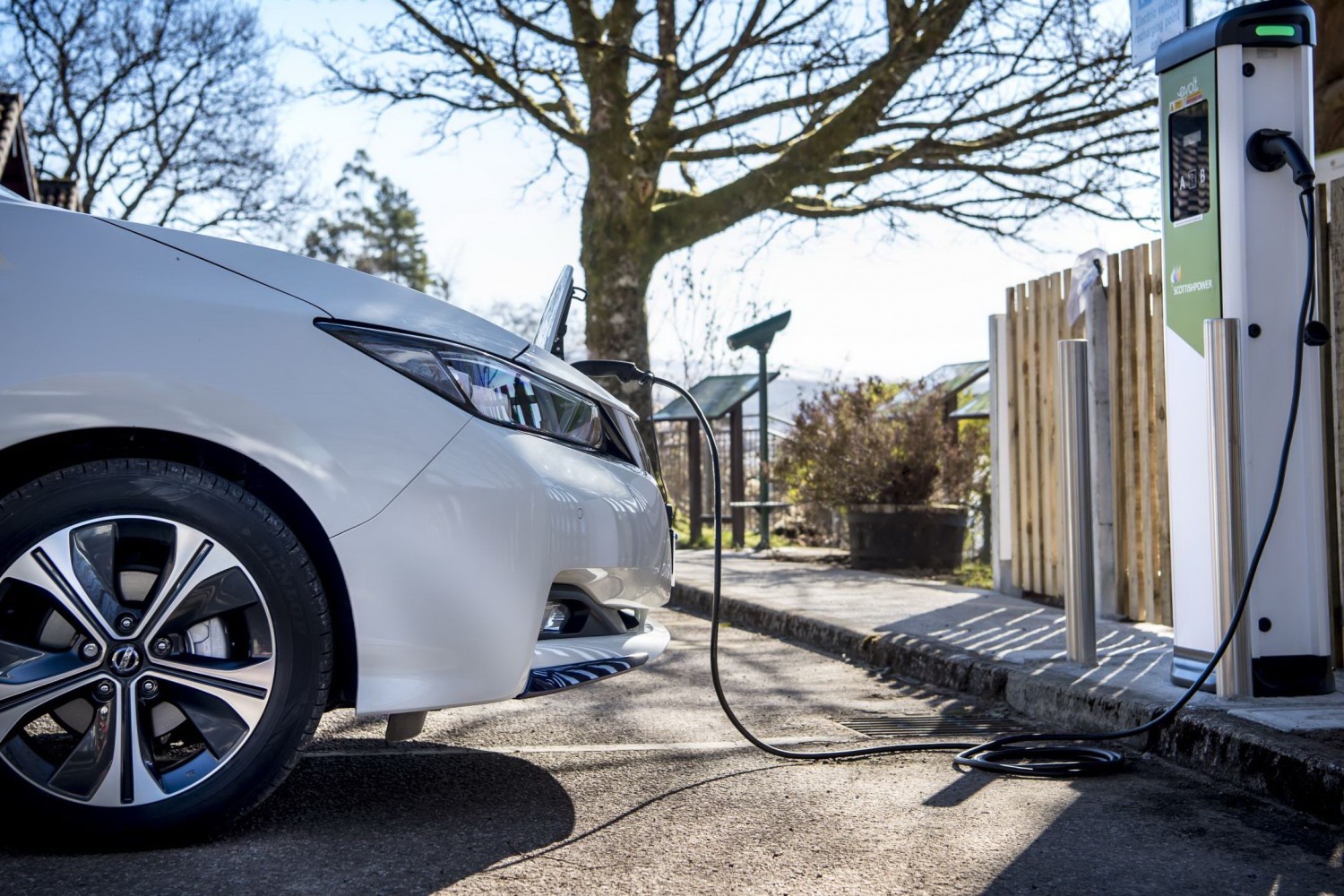AA Ireland has found that most Irish car buyers are unlikely to switch to a fully electric vehicle for their next car. The new survey found that only ten per cent are likely to make the all-electric switch with their next purchase.
That is a bad enough figure, but worse than that, the AA's research seems to indicate that many buyers are being fed misinformation about electric cars, their performance and their likely reliability.
Wave of misinformation
As the latest car registration figures show a 41 per cent fall in the number of new electric cars sold in Ireland in March of this year (compared to the same month last year), Jennifer Kilduff, Head of Marketing & PR for the AA said that "there seems to be a wave of misinformation being spread about EVs. We're seeing many people being misled about the facts and real-world performance of batteries in electric vehicles. This is also having a knock-on impact for the used EV market."
For example, the AA's data shows that 53 per cent - out of 1,000 Irish motorists polled - believe that electric car batteries will wear out after only 100,000km. This is incorrect, as pretty well all car makers warranty their batteries for at least the first eight years of ownership and mileages of up to 160,000km, usually guaranteeing that a battery will retain between 70 and 80 per cent of its performance by that stage.
Kilduff continued to say that she was "quite surprised with people's perception of EV batteries. It is disappointing to see that these myths are continuing to circulate. Modern batteries have sophisticated battery management systems that increase the life of the batteries to not just many years, but potentially a few decades. When they complete their purpose in cars, they will be used in energy storage projects, before finally being recycled. It also needs to be pointed out that an EV battery is not just one big chunk of metal. It is made up of many modules that get combined into a battery pack. In most instances you would not replace the whole battery if there was an issue, you'd replace the individual modules at a fraction of the cost."
Government not doing enough?
Other worrying trends in the survey include half of all respondents not agreeing that 'EVs are better for the environment' and only 22 per cent believing that the government is doing enough to promote electric car ownership.
Kilduff reckons that this "is a sign that misinformation on EVs in impacting sales and the government's ability to hit their targets. Buying a car is a big financial commitment, and people are not going to switch unless they are fully convinced. Scare stories about battery life, range and charging is sowing enough doubt in minds to prevent that. Time is running out on the government's target of one million EVs by 2030. We have seen great uptake amongst the early adopters, but now we face the challenge of convincing the general public that electric is the way to go. The primary target in EV adoption is to hit climate goals, but this is not striking a chord with the public as half of our respondents don't agree that EVs are better for the environment."
Electric car prices
The one constant belief amongst most car buyers is that electric cars are too expensive, but even that issue is being undermined, says Kilduff, by recent price cuts - of as much as €10,000 for many popular models - and zero per cent finance options. "The upfront costs of purchasing an EV is no longer the barrier that it once was after recent price drops. Once you do buy the car, it is cheaper to run. The most recent AA Fuel Price Survey showed that an EV charged on cheap night rates can be significantly less to run than a comparable petrol or diesel vehicle. However, the general public is still not shifting their purchasing habits as fears of battery health and range appear to outweigh the benefits," said Kilduff.
However, even that may not be enough to get buyers to budge. The AA's data shows that only 11 per cent of buyers cite running costs as a primary concern when it comes to buying an electric car, while 34 per cent cite concerns over battery longevity as a major issue.

